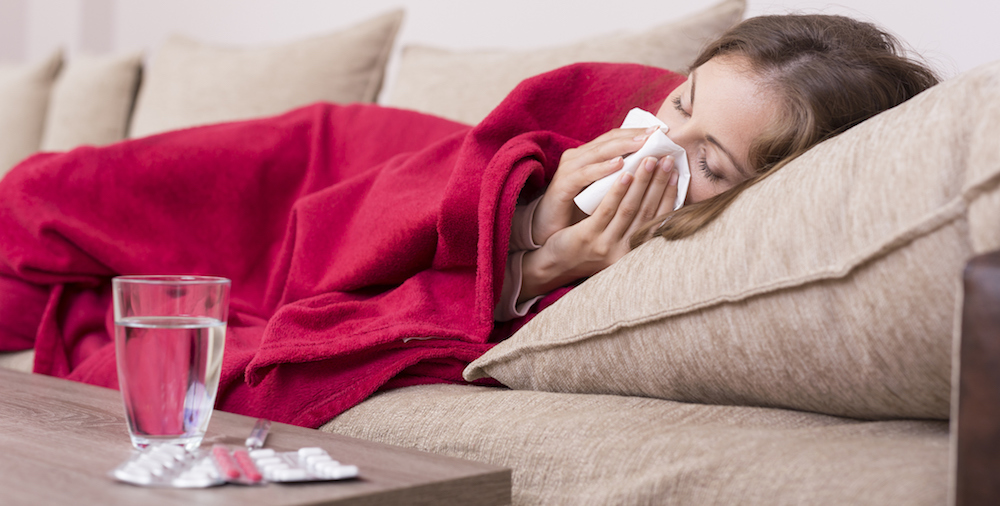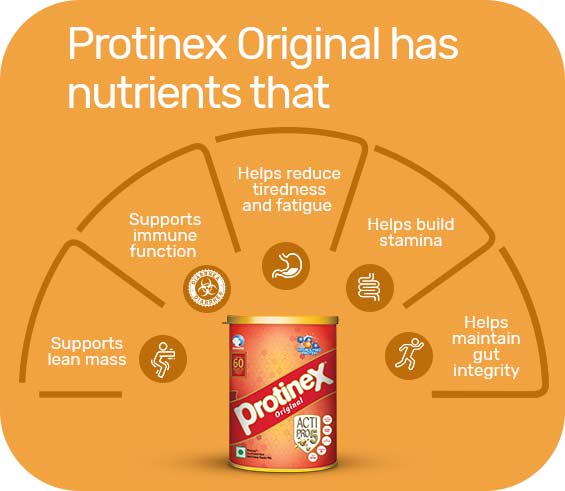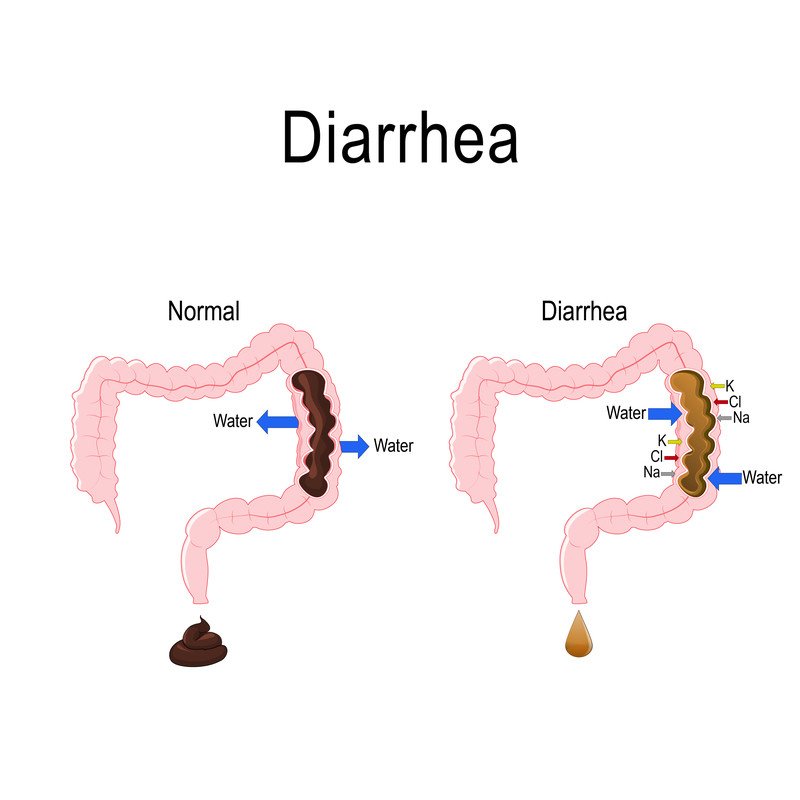Tips to avoid dehydration when dealing with sickness.
What is dehydration?
When you lose more fluid than you consume, you get dehydrated. Even though water makes up over two thirds of our bodies, even a small loss of water can have negative repercussions. In actuality, water is vital to human life and plays a significant role in regular bodily activities.

Humans can’t survive for very long without water, unlike camels, according to physician leader at Banner Urgent Care Daniel Bates, MD. “We constantly need water to support biologic processes and health. It aids in the removal of pollutants, food digestion, and body temperature regulation. You don’t have to lose a lot of weight before your body starts making sacrifices to make up for it.
Signs and symptoms of dehydration
Although vomiting and diarrhoea are frequently regarded as symptoms in and of themselves, the fundamental effect of both is dehydration. The challenging issue is that some dehydration symptoms may differ depending on your age and that you may not realise you’re dehydrated until it’s too late. For children and elderly people in particular, early detection is crucial to prompt treatment and the avoidance of a more serious illness that could be fatal.
Here are some things to watch out for:
For every age group
- Thirst
- Dry lips and tongue that feel slimy and sticky
- dried-up mucous membranes
- Skin that is less supple or elastic
- altered blood flow; chilly, pallid hands and feet
- urine with a deep colour
In children and infants
- No soiled nappies for more than 12 hours.
- feverish or warm
- Several or no tears when sobbing
- Sunken-looking eyes
- drowsy or queasy
In adults
- reduced frequency of urination
- fatigue or lightheadedness
In elderly
- recessed eyes
- bewilderment and vertigo
- reduced blood pressure
Hydration during sick
A crucial recommendation is always included in doctor’s orders, whether you have the common cold, a virus, or an infection: “Stay hydrated” or “Drink lots of fluids!” There is a cause behind this. Water consumption keeps your body functioning at its best and aids in the removal of pollutants. On the other hand, dehydration can exacerbate symptoms and lengthen the duration of your illness.
One thing you should know before stocking up on fluids is that not all drinks are created equal when it comes to hydrating you.
DRINK PURIFIED WATER
By far, this advice is the most elementary. But it’s crucial to maintain simplicity. You should drink eight 8-ounce glasses of water every day, whether you’re healthy or not.
Eat some ice.
This is essentially the same advice as tip #1. However, a different method of staying hydrated if you’re feeling heated or want a change is to chew on frozen filtered water.
REFUSE SUGAR.
While you might be tempted to go for your preferred sugary beverage, resist the urge. Avoid sports drinks, sodas, sweet teas, and fruit juices. Fluids high in fructose lack the nutrients and electrolytes your immune system needs, and the sugar in them can make you more prone to inflammation.
Your water can be supplemented with fruit or vitamins.
Try adding fruits, veggies, or flavor-enhanced vitamin supplements if you’re sick of drinking purified water and yearn for a sweet beverage. Lemons, limes, and oranges are examples of citrus fruits that are rich in vitamin C, which is crucial when you’re feeling under the weather. Antioxidants and vitamins are abundant in berries like blueberries, strawberries, and raspberries, which is very beneficial. In addition, fruits and vegetables have natural sugars that can turn water into a tasty beverage.
CONSUME DECAF TEA.
Caffeine-free teas are your best option if you’re looking for a hot beverage. Teas with tremendous health benefits when you’re sick include mint, chamomile, ginger, and turmeric. The taste can be improved and additional health advantages can be obtained by adding lemon and/or honey.
BLEND SOUP.
You can increase the amount of fluids and nutrients in your diet by eating soups. Many soups are rich in vitamins and nutrients, including chicken noodle soup. Additionally, if you have a sore throat or congestion, a warm soup (or hot tea) will help.
Note: Avoid eating canned soups. Many canned soups include a lot of sodium, which can raise blood pressure and cause inflammation. Choose low-sodium soups instead, or prepare your own.
AVOID Liquors.
Correct, put the hot toddy away. Alcohol can make it harder for your body to fight against illness.
REFERENCES:
- https://www.bannerhealth.com/healthcareblog/better-me/5-tips-to-prevent-dehydration-when-you-have-diarrhea-or-vomiting
- https://www.eehealth.org/blog/2020/10/how-to-avoid-dehydration-when-sick/
- https://www.theraflu.com/treating-cold-flu/why-drink-fluids-when-sick/
- https://briowater.com/blogs/blog/7-tips-for-staying-hydrated-when-youre-sick
For more details, kindly visit below.

